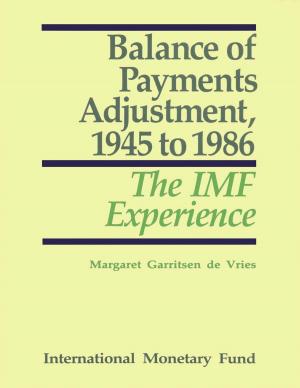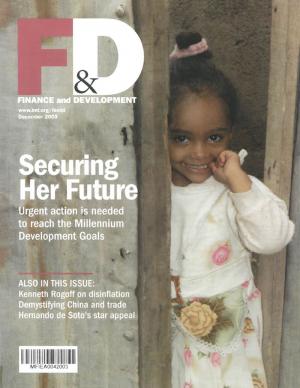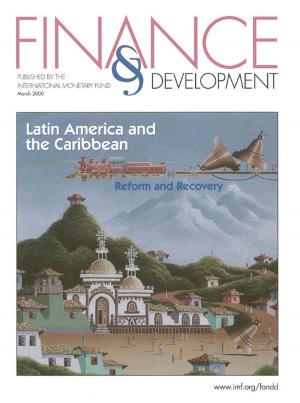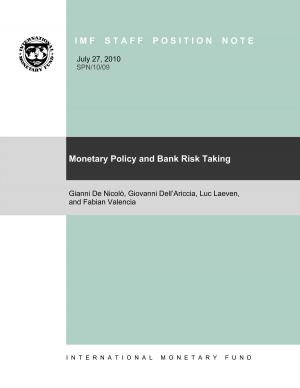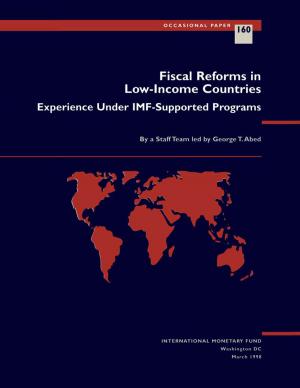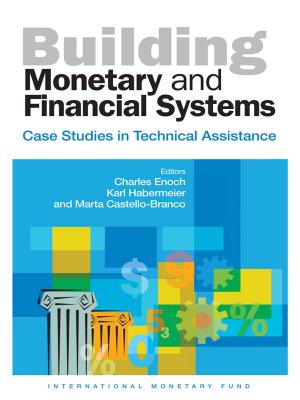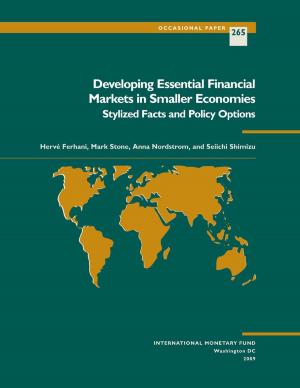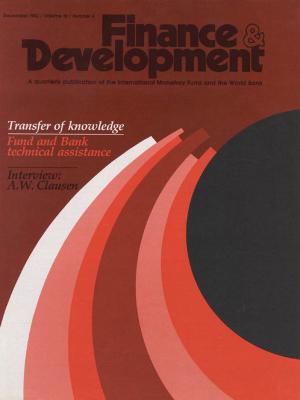Economic Integration and the Exchange Rate Regime: Some Lessons from Canada
Business & Finance, Economics, Money & Monetary Policy, International Economics, Nonfiction, Social & Cultural Studies, Political Science, Politics, Economic Policy| Author: | Vivek Mr. Arora, Olivier Mr. Jeanne | ISBN: | 9781455294190 |
| Publisher: | INTERNATIONAL MONETARY FUND | Publication: | May 1, 2001 |
| Imprint: | INTERNATIONAL MONETARY FUND | Language: | English |
| Author: | Vivek Mr. Arora, Olivier Mr. Jeanne |
| ISBN: | 9781455294190 |
| Publisher: | INTERNATIONAL MONETARY FUND |
| Publication: | May 1, 2001 |
| Imprint: | INTERNATIONAL MONETARY FUND |
| Language: | English |
The Canadian experience with a floating exchange rate regime can shed some light on the question of whether A question of current interest in many parts of the world is whether with growing economic integration among groups of countries makes a fixed exchange rate, or even a common currency, becomes more desirable. This paper looks at the lessons that one may draw from tThe Canadian experience, with a floating exchange rate regime, especially since the inception of the 1989 U.S.-Canada Free Trade Agreement, suggests. We find that exchange rate flexibility has not prevented economic integration between Canada and the United States from increasing substantially, during the 1990s, and has played a useful role in buffering the Canadian economy against asymmetric external shocks. A fixed exchange rate thus does not seem to be a prerequisite for economic integration. It may, however, yield substantial have benefits for some countries that lack monetary credibility or that may be tempted by self-destructive beggar-thy-neighbor policies.
The Canadian experience with a floating exchange rate regime can shed some light on the question of whether A question of current interest in many parts of the world is whether with growing economic integration among groups of countries makes a fixed exchange rate, or even a common currency, becomes more desirable. This paper looks at the lessons that one may draw from tThe Canadian experience, with a floating exchange rate regime, especially since the inception of the 1989 U.S.-Canada Free Trade Agreement, suggests. We find that exchange rate flexibility has not prevented economic integration between Canada and the United States from increasing substantially, during the 1990s, and has played a useful role in buffering the Canadian economy against asymmetric external shocks. A fixed exchange rate thus does not seem to be a prerequisite for economic integration. It may, however, yield substantial have benefits for some countries that lack monetary credibility or that may be tempted by self-destructive beggar-thy-neighbor policies.




